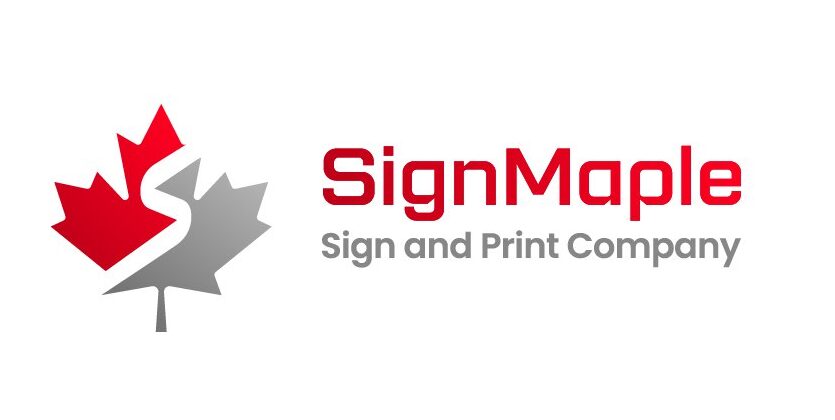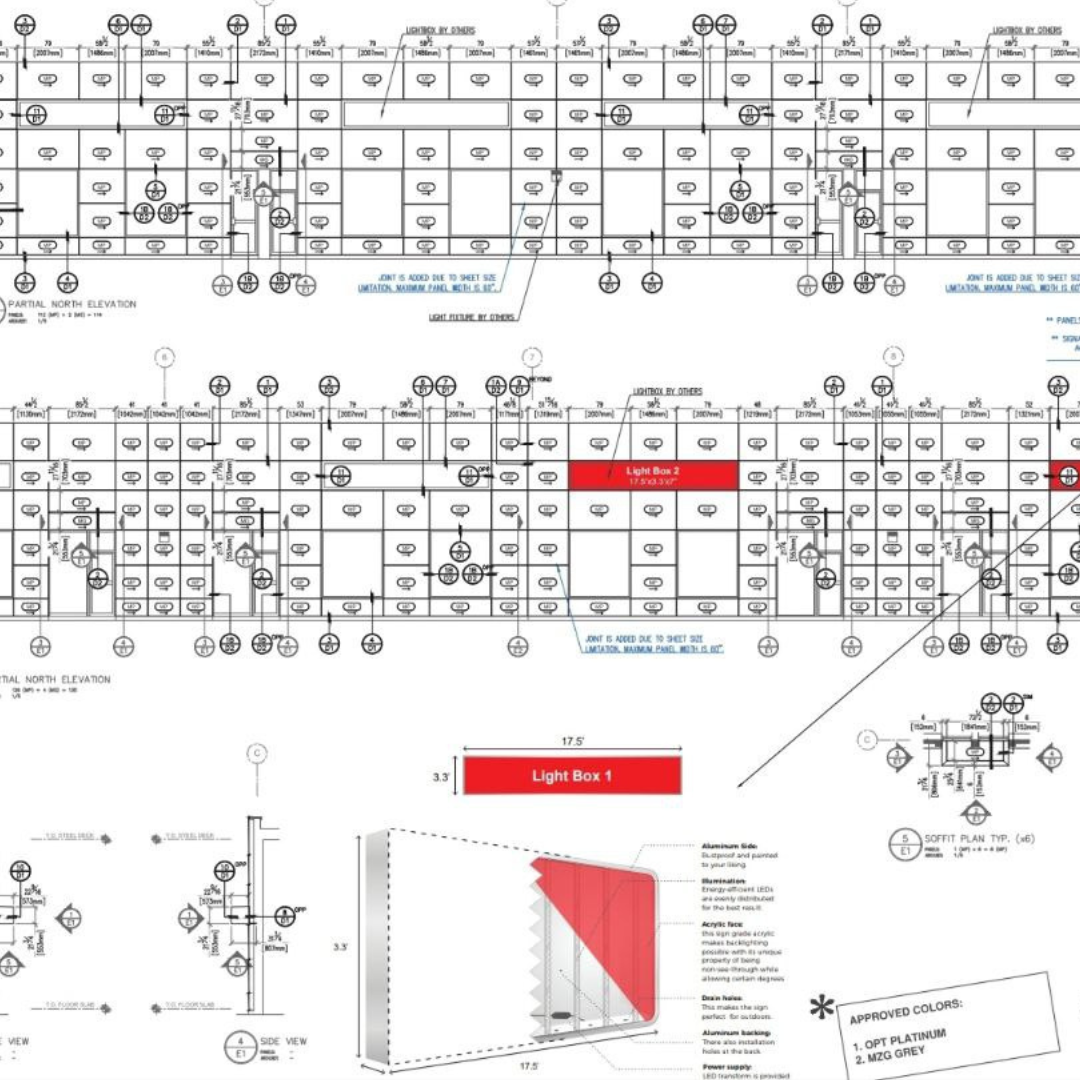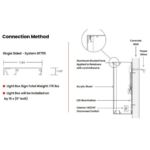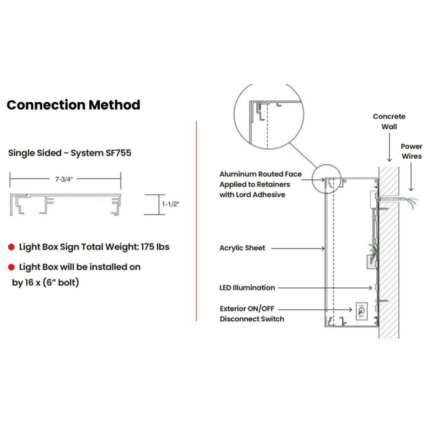City Permits for Signage
City Permits for Signage are official approvals required by local governments to install or modify signs. These permits ensure compliance with zoning laws, safety regulations, and design standards. The process involves submitting an application with sign specifications, paying a fee, and possibly undergoing inspections. Permits vary for different sign types, such as building signs, banners, and illuminated signs. Obtaining the proper permits helps businesses avoid fines, maintain safety, and ensure legal compliance, while also preserving the aesthetic integrity of the area.
City Permits for Signage are official approvals or licenses granted by local government authorities to install, modify, or display signs within a specific city or municipality. These permits are essential for ensuring that signs comply with local zoning laws, safety regulations, aesthetic standards, and other city codes. Without the proper permits, installing signage can lead to fines, removal orders, or legal complications.
Key Aspects of City Permits for Signage:
- Zoning Requirements: Many cities have zoning regulations that determine where and how signs can be displayed. This includes restrictions on sign size, height, type, and location based on the property’s zoning (residential, commercial, industrial, etc.). Businesses need to ensure their sign complies with these regulations before applying for a permit.
- Design and Aesthetics: Some cities have design guidelines that control the appearance of signs to maintain a cohesive and attractive city landscape. These rules can dictate the colors, materials, and styles of signs, especially in certain areas like historical districts or tourist zones.
- Permit Application Process: To obtain a signage permit, businesses typically need to submit an application to the city, including plans and specifications for the proposed sign. This can involve providing details about the sign’s size, design, location, materials, and installation methods. In some cases, an engineer’s approval or a structural assessment may be required.
- Approval and Fees: Once the permit application is submitted, the city reviews the proposal for compliance with local codes. If the application is approved, the business may need to pay a permit fee, which varies depending on the size and type of the sign. The fee structure is typically set by the local government.
- Temporary and Permanent Permits: Some cities distinguish between temporary and permanent signs. Temporary signs (such as banners or event-specific signage) may have different permit requirements and duration limits compared to permanent signs. Businesses may need to reapply for a new permit if they wish to extend the duration of temporary signage.
- Inspection and Enforcement: After installation, city officials may inspect the sign to ensure it meets the approved specifications. If the sign is found to be non-compliant with the approved permit or city codes, it may need to be modified or removed.
- Special Conditions for Specific Sign Types: Certain types of signs, such as illuminated signs, digital displays, or signs with moving parts, may require additional permits or approvals due to safety or environmental concerns.
Common Permits for Different Types of Signs:
- Building Signs: Signs mounted directly to the building, including storefront signs, awnings, and window graphics.
- Pylon or Monument Signs: Freestanding signs typically used in front of businesses or shopping centers.
- Banner Signs: Temporary signs often used for special promotions or events.
- Neon or LED Signs: Illuminated signs that require specific electrical and safety approvals.
- Billboards: Large-scale outdoor advertising structures typically located along highways or high-traffic areas.
- Vehicle Wraps: Advertising graphics applied to vehicles, which may require special permits if the vehicle is used for commercial purposes.
Benefits of Obtaining City Permits for Signage:
- Legal Compliance: Ensures that the business complies with local laws and avoids fines or penalties.
- Safety: Ensures that signs are safely installed and do not pose risks to pedestrians, drivers, or the general public.
- Brand Consistency: Helps maintain a professional and aesthetically pleasing cityscape while ensuring that signs represent the business accurately.
- Protection of Property Value: Properly permitted signage ensures that businesses protect their physical property and avoid unnecessary removal or modification costs.
In summary, obtaining City Permits for Signage is a necessary step for businesses to ensure that their signs comply with local regulations, enhance the city’s visual appeal, and operate safely and legally within the urban landscape.


Shipping & Delivery
At Sign Maple Inc., we offer reliable and efficient shipping services across Ontario, Canada. We provide free shipping on all our products, ensuring a seamless and cost-effective experience for our customers.
For delivery times and tracking details, please contact us at Hello@SignMaple.ca or call (647) 679-1365.




















Reviews
There are no reviews yet.